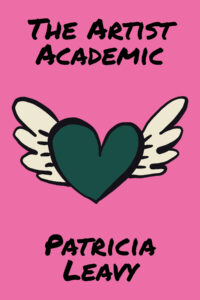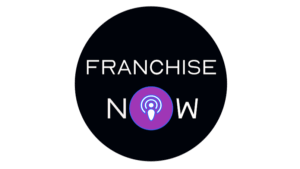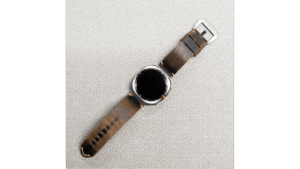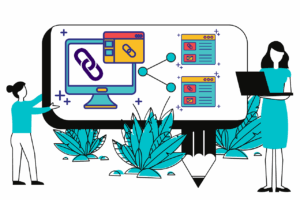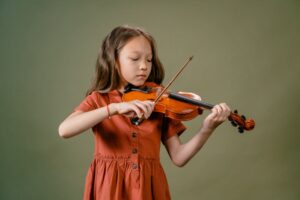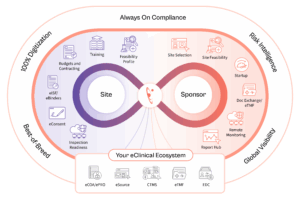
Early Learning Gets a Creative Boost
Parents often wonder: is music just a fun extra or is it truly essential for children?
Studies suggest it is far more than entertainment. Music strengthens neural pathways for focus, memory, and language, while arts-based activities promote creativity, empathy, and cooperation. In fact, children exposed to often achieve higher grades in math, reading, history, and science.
What Research Shows About Music in Childhood
A wide body of evidence confirms the link between music and child development.
- A review of music interventions found that children who received music instruction showed measurable gains in cognitive, emotional, and academic areas (Dumont, 2017).
- Research published by the National Institutes of Health notes that arts education supports socioemotional growth, helping children with emotional regulation and social interaction.
- Long-term studies indicate students who participate in music programs tend to have higher GPAs, particularly in core subjects (Yoon, 2000).
- Even as little as two years of music instruction has been shown to boost self-esteem, problem-solving, and empathy (American Montessori Society, 2023).
Music also develops motor coordination and spatial reasoning. Clapping, dancing, and playing instruments engage fine and gross motor skills while fostering patience, teamwork, and confidence.
Daily Skills That Transfer Beyond the Classroom
Arts integration doesn’t just create future musicians or painters—it equips children with life skills. Singing in a group requires turn-taking and cooperation. Learning an instrument builds persistence and discipline. Creative exploration encourages innovative thinking and problem-solving—abilities that directly support academic challenges in school.
Montessori teachers highlight another key connection: music and language development share similar neural pathways. This overlap makes early exposure to rhythm, melody, and song especially powerful for literacy and reading readiness.
How Montessori Teachers Use Music as a Tool
In Montessori classrooms, music is not treated as an occasional activity but as a sensorial learning tool. Children are encouraged to explore sound, experiment with rhythm, and discover patterns independently. Songs in multiple languages, instrument play, and rhythmic movement are integrated into the daily routine, making music a foundation rather than a supplement.
Educators at in San Antonio describe music as “a vital developmental tool that strengthens the brain, boosts emotional intelligence, and improves coordination.” By weaving music into everyday lessons, the school models how creative arts can support whole-child development in a practical, accessible way.
Why It Matters for Families
For parents, the takeaway is clear: early exposure to music supports a child’s growth across multiple domains—cognitive, social, and emotional. And when schools include music and creative arts as part of their standard approach, families can access these benefits without needing to add private lessons or costly extras.
If you’re considering how to nurture your child’s growth in the early years, look at how schools integrate music into learning. Montessori programs, such as those offered by in San Antonio, show how music can be seamlessly included as a tool for cognitive, social, and emotional development.
ExcellED Montessori Plus
info@excelledschools.com
+1 210 418 3288
27521 Interstate 10
Boerne
Texas
78006
United States

